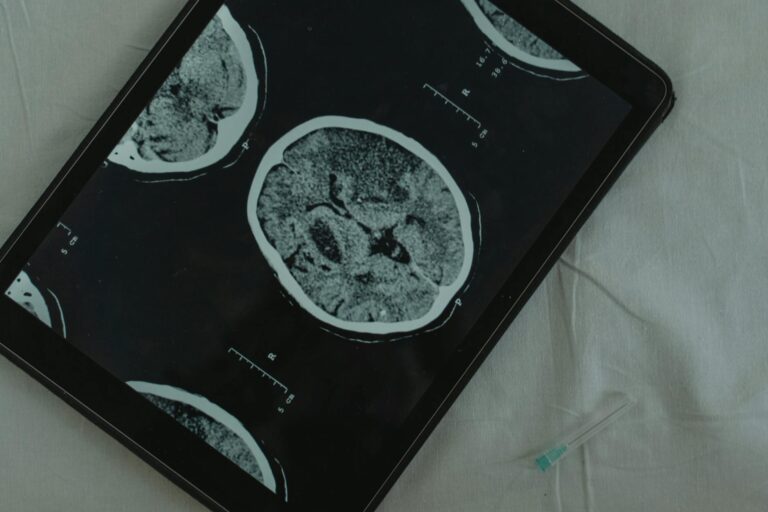Late-onset dementia is a condition that affects many people as they age. It involves a decline in cognitive function, which can impact memory, language, and the ability to perform daily tasks. Understanding the clinical features and management strategies for late-onset dementia is crucial for providing effective care and support.
### Clinical Features of Late-Onset Dementia
Late-onset dementia typically begins after the age of 65 and can manifest in different ways depending on the underlying cause. The most common symptoms include:
– **Memory Loss**: One of the earliest signs is difficulty in forming new memories. People may forget recent events or conversations.
– **Language Problems**: Individuals may struggle to find the right words or follow conversations.
– **Personality Changes**: Mood swings, apathy, or becoming easily agitated are common.
– **Disorientation**: People may get lost in familiar places or have trouble understanding time and place.
– **Behavioral Changes**: Disruptive or inappropriate behavior can occur, such as wandering or agitation.
As dementia progresses, these symptoms worsen, and additional challenges arise, such as difficulty with self-care tasks like bathing or dressing.
### Management of Late-Onset Dementia
Managing late-onset dementia involves a combination of medical, lifestyle, and supportive interventions.
#### Medical Management
While there is no cure for dementia, medications can help manage symptoms. Cholinesterase inhibitors and memantine are commonly used to improve cognitive function and slow down symptom progression. However, these medications can have side effects, so they must be carefully monitored by healthcare professionals.
#### Lifestyle Interventions
Non-pharmacological approaches are also important. These include:
– **Physical Exercise**: Regular physical activity can improve cognitive function and overall health.
– **Cognitive Stimulation**: Engaging in mentally stimulating activities, such as puzzles or learning new skills, can help maintain cognitive abilities.
– **Social Interaction**: Maintaining social connections and participating in group activities can reduce feelings of isolation and improve mood.
#### Supportive Care
Supportive care is essential for people with dementia. This includes:
– **Environmental Modifications**: Making the home safe and easy to navigate can reduce confusion and risk of falls.
– **Caregiver Support**: Family members or caregivers need support and education to manage the challenges of caring for someone with dementia.
– **Palliative Care**: As dementia progresses, focusing on comfort and quality of life becomes increasingly important.
### Conclusion
Late-onset dementia presents significant challenges, but with the right management strategies, individuals can maintain a better quality of life. Understanding the clinical features and employing a comprehensive approach to care can make a significant difference in managing this condition.





